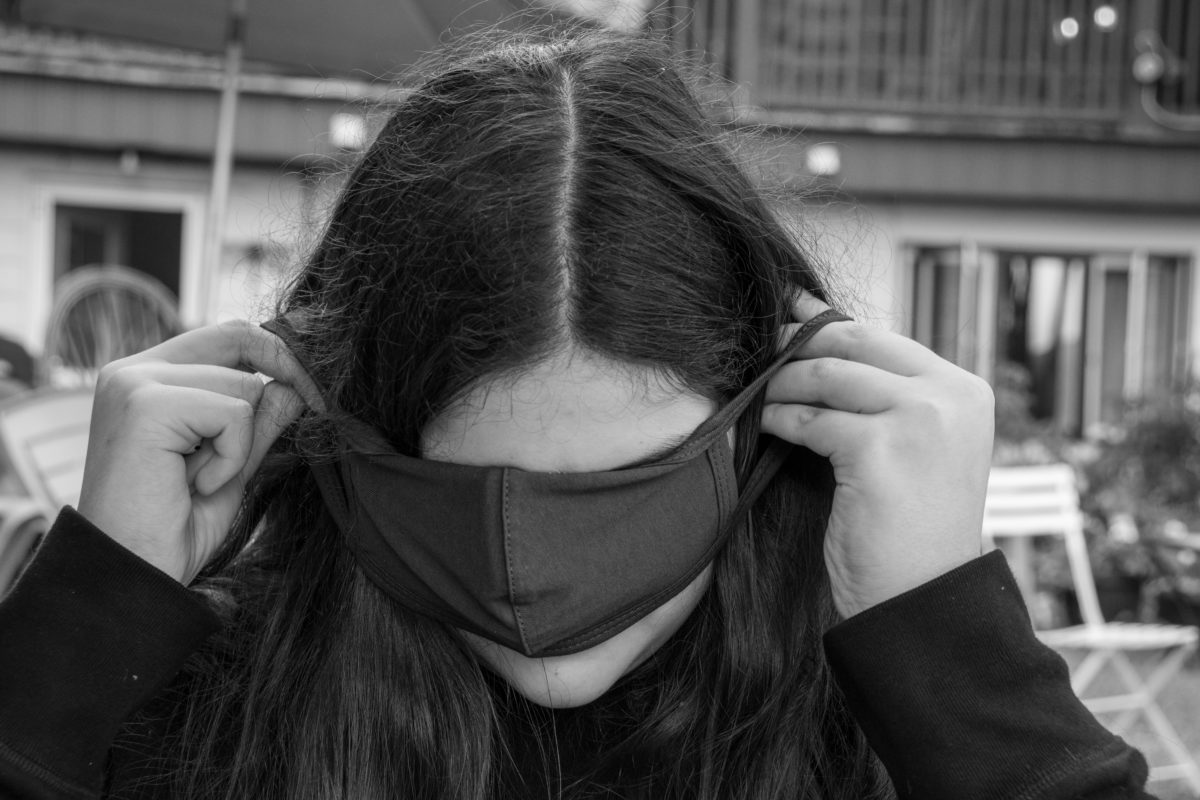“No time passed is good enough for my living,” Dionne Brand – a Black poet and essayist who lives in Toronto – contends, in response to Indigenous poet Billy-Ray Belcourt’s question “what if any, is the relationship between nostalgia and poetry?”. Unfolding on an episode of the Between the Covers podcast hosted by David Naimon, Brand continues: “I can only think of the future, the place where we might live, which would refute all that we are living; negate and tear up all that we are living. I am always living in the future…my work is to live in the future”. When we listen to Brand’s words as a pedagogist might, we are struck by the emphasis on ideation as a world-making tactic: to envision a future that refutes the neoliberal, settler colonial pillars of existing early childhood education because the future must be imperceptible; it is a requirement that the future be illegible to the white supremacist, humanist, developmental grammars of the present. A pedagogist, learning with Brand, is uninterested in creating a “better” future where better is simply a synonym for status-quo with a slight social justice flavour. A pedagogist is, instead, interested in discerning how and why different questions and concerns matter differently to specific educational experiences and responsive curriculum-making such that we might generate situated, responsive pedagogies grounded in the ongoing rhythms, politics, ethics, and flows of an early childhood or post-secondary education space.
Continue reading “Editors’ Note”